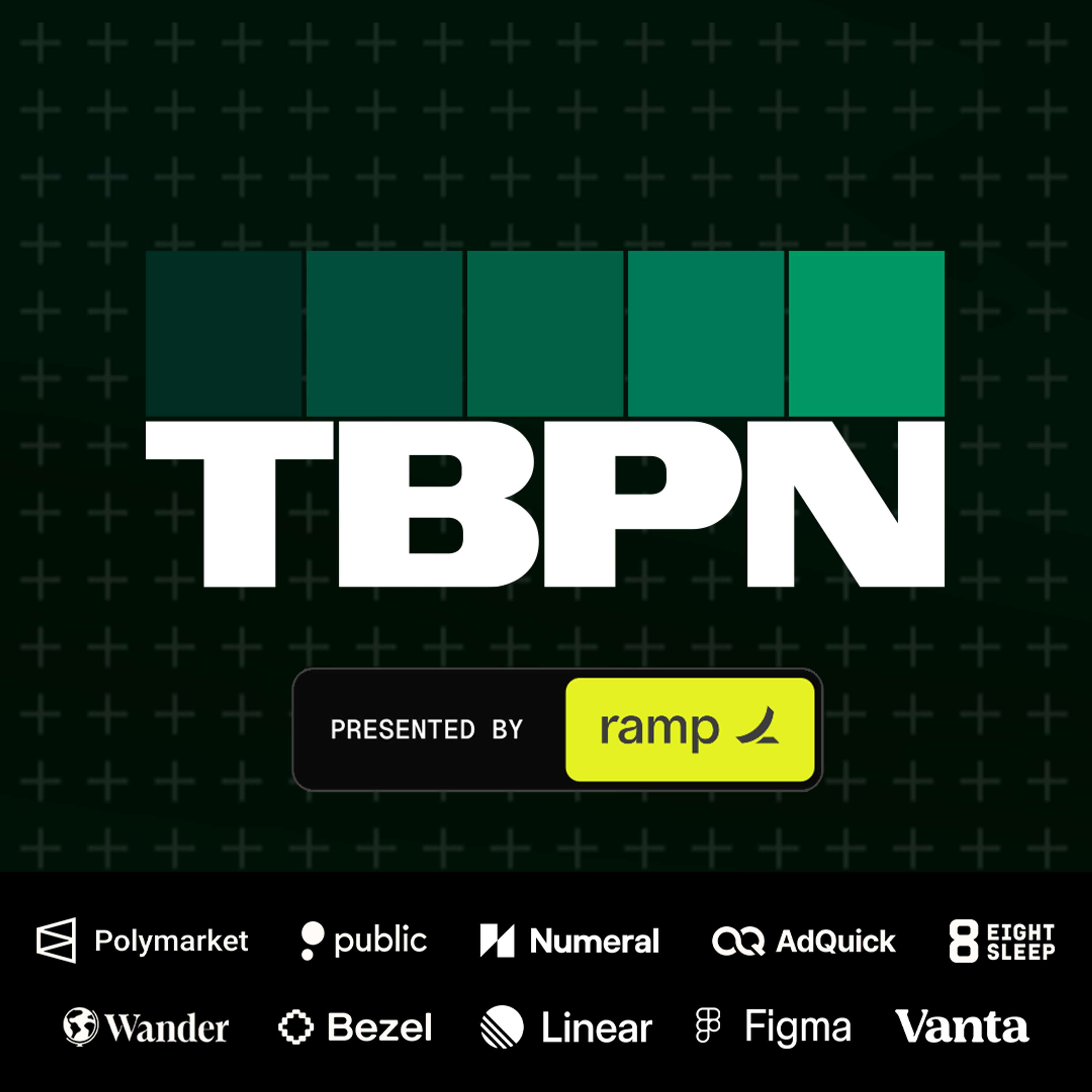
Windsurf's Wild Weekend, SpaceX Invests $2B into xAI, Zuck's AI Data Supercluster | Jeff Huber, Scott Wu & Jeff Wang, Carl Pei, Garrett McCurrach
🤖 AI Summary
Overview
This episode dives into the dramatic acquisition of Windsurf by Cognition, the implications of Zuck's new AI data supercluster, SpaceX's $2B investment into xAI, and the future of smartphone innovation with Carl Pei. It also explores groundbreaking logistics solutions from Pipedream Labs and the evolving landscape of AI-driven tools and platforms.
Notable Quotes
- Ships in harbor are safe, but that's not what ships are made for.
- Jeff Huber, on the entrepreneurial spirit driving startup innovation.
- The smartphone wars are over, but the next war is about reimagining the operating system.
- Carl Pei, on the future of mobile technology.
- The solution to anti-capitalism is more capitalism.
- John Coogan, reflecting on the FTC's impact on tech acquisitions.
🚀 Windsurf's Acquisition Drama
- Windsurf faced turmoil after Google hired its founders and R&D leads, leaving the remaining team in limbo. Interim CEO Jeff Wang worked tirelessly to secure options for the team.
- Cognition, led by Scott Wu, acquired Windsurf's product, tech, and team, creating a seamless integration with Cognition's AI platform, Devin.
- The acquisition was structured to ensure all employees benefited financially, waiving vesting cliffs and accelerating equity.
- The deal highlights the risks of ghost ship
acquisitions, where employees are left uncertain about their future, and raises questions about the need for new employee contracts in tech.
🧠 Zuck's AI Supercluster
- Meta announced Prometheus,
a one-gigawatt AI supercluster, aiming to outpace competitors like OpenAI and Google.
- The facility will scale to five gigawatts over several years, supporting Meta's ambitions in AI research and product development.
- Zuck's focus on AI infrastructure underscores Meta's commitment to leading the next wave of AI innovation, despite challenges in product adoption.
📱 The Future of Smartphones with Carl Pei
- Carl Pei, founder of Nothing, critiques the stagnation in smartphone hardware innovation, emphasizing the need for creative design and AI-driven operating systems.
- Pei envisions a future where apps are replaced by a single, intelligent OS that integrates utilities and entertainment seamlessly.
- Nothing's focus on industrial design and software innovation positions it as a challenger in a market dominated by Apple and Google.
📦 Pipedream Labs' Logistics Revolution
- Garrett McCurrach, CEO of Pipedream Labs, unveiled plans for underground logistics networks using autonomous robots to deliver goods via subterranean pipes.
- The company acquired a rapid fulfillment center in Austin to support its network, integrating drones and autonomous vehicles for last-mile delivery.
- McCurrach aims to optimize logistics by reducing costs and delivery times, addressing inefficiencies in traditional retail and e-commerce systems.
💰 SpaceX's $2B Investment into xAI
- SpaceX allocated $2B to xAI, Elon Musk's AI venture, signaling a deep integration of AI across Musk's portfolio of companies.
- The investment highlights Musk's vision of leveraging AI for applications ranging from autonomous vehicles to space exploration.
- xAI's focus on foundational AI models positions it as a competitor to OpenAI and Anthropic, with potential synergies across Tesla, Neuralink, and SpaceX.
AI-generated content may not be accurate or complete and should not be relied upon as a sole source of truth.
📋 Episode Description
- (00:36) - Windsurf's Wild Weekend
- (04:50) - Cognition to Acquire Windsurf
- (13:06) - Timeline Reactions to Windsurf Deal Collapse
- (26:43) - Windsurf Timeline of Events Breakdown
- (57:40) - Zuck's New AI Data Supercluster
- (01:10:53) - Space X Invests $2B into xAI
- (01:19:39) - Casey Neistat Joins ModRetro
- (01:21:10) - Timeline
- (01:30:01) - Jeff Huber, a seasoned technology executive and entrepreneur, has held pivotal roles such as Senior Vice President at Google, where he led the development of Google Ads, Apps, and Maps, and founding CEO of GRAIL, a company focused on early cancer detection. In the conversation, Huber discusses the transformative potential of artificial intelligence, emphasizing its capacity to enhance human capabilities and the importance of embracing change to stay ahead in a rapidly evolving technological landscape.
- (01:59:16) - Scott Wu, born in 1997, is the founder and CEO of Cognition AI, renowned for developing Devin, the world's first autonomous AI software engineer. In the conversation, he discusses the recent acquisition of Windsurf by Cognition, highlighting the complementary strengths of both teams and products, and expressing enthusiasm for the collaborative opportunities ahead. Jeff Wang is the interim CEO of Windsurf, an AI-powered code development startup. Previously serving as Head of Business, he stepped into the CEO role in July 2025 after Google hired Windsurf’s founders and R&D leads . Under his leadership, Windsurf continues operating independently, with Cognition acquiring its remaining product, tech, and team to integrate into its AI platform Devin.
- (02:12:07) - Carl Pei, a Chinese-born Swedish entrepreneur, co-founded OnePlus in 2013 and later founded Nothing in 2020. In the conversation, he discusses the stagnation in smartphone hardware innovation and envisions a future where AI-driven operating systems replace traditional apps, creating a more personalized and proactive user experience. Pei also critiques major tech companies for becoming overly corporate and losing their creative edge, emphasizing the need for genuine innovation in the industry.
- (02:41:43) - Garrett McCurrach, CEO of Pipedream Labs, is pioneering underground logistics to revolutionize last-mile delivery. He discusses the company's development of a subterranean network where autonomous robots transport goods through underground pipes to modular kiosks, enabling rapid and cost-effective deliveries. McCurrach also highlights the acquisition of a rapid fulfillment center in Austin to support this network, aiming to optimize delivery methods by integrating drones and autonomous vehicles for efficient, scalable logistics solutions.
TBPN.com is made possible by:
Ramp - https://ramp.com
Figma - https://figma.com
Vanta - https://vanta.com
Linear - https://linear.app
Eight Sleep - htt
